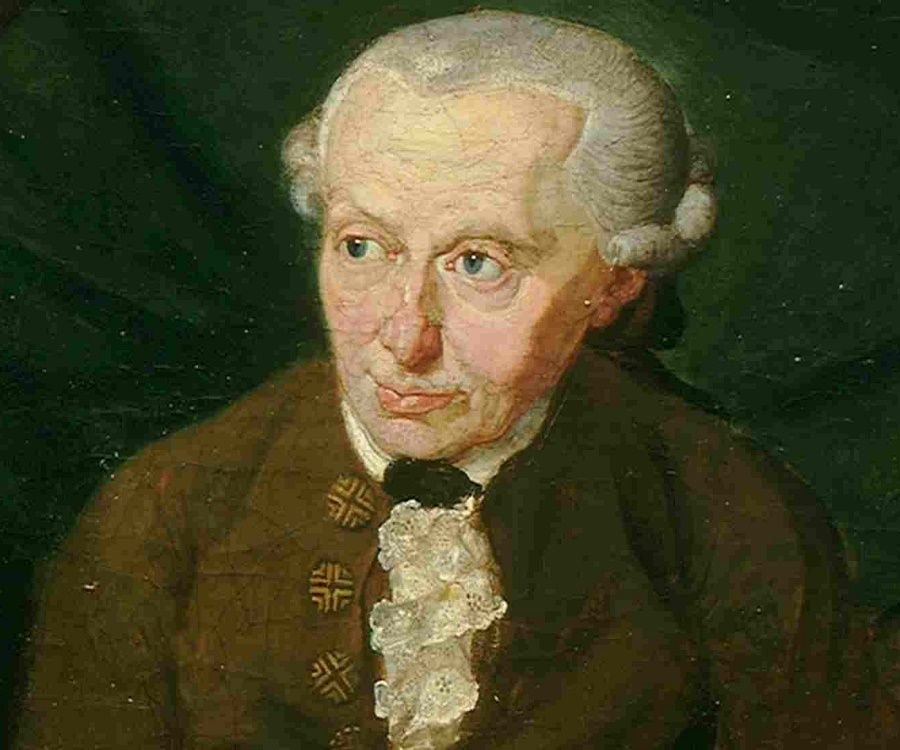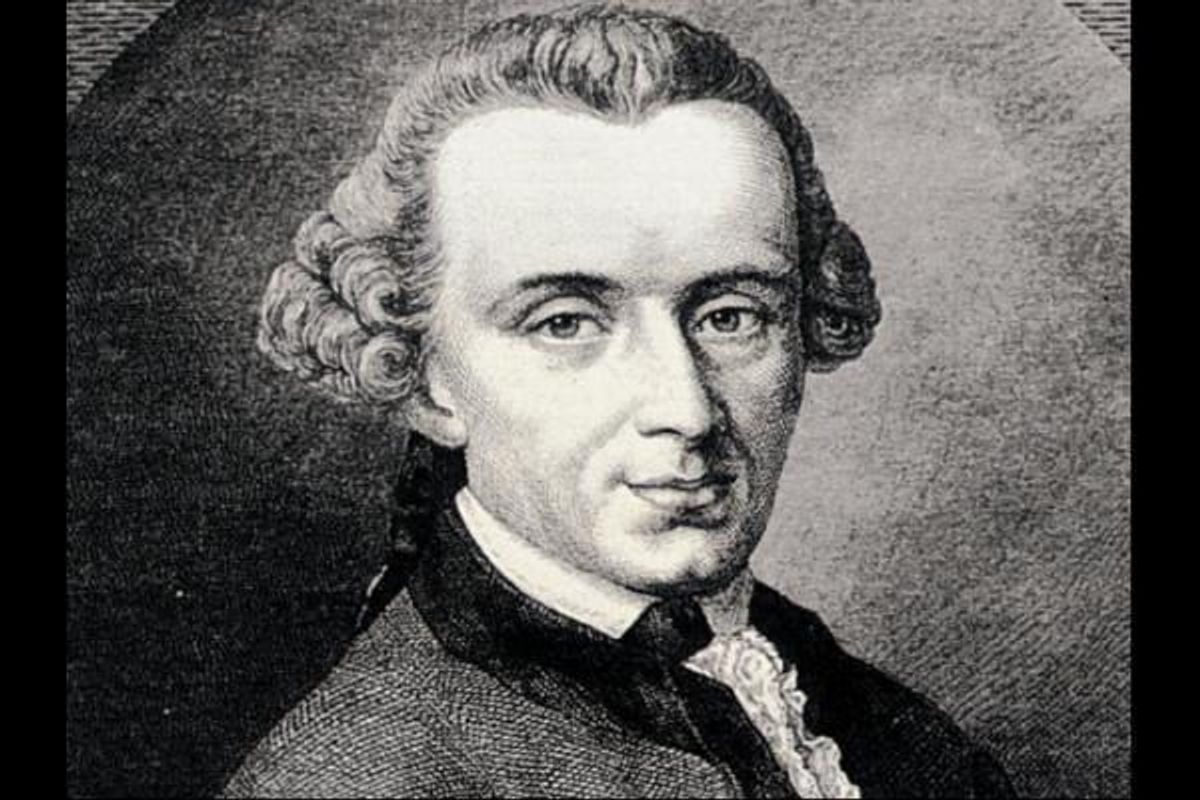

This section will especially focus on ethics, free will and the categorical imperative. The second section of this essay aims to look at the Kantian view of moral judgement and how it shapes our perceptions of what is just. It also aims to look at the relationship between knowledge and human rationality. The first part of this essay will look at Kant’s Critique of pure reason and how Kant contributed to our understanding of the nature of knowledge, it will also look at a Kantian explanation of how we gain knowledge and how that shapes our perception of the world and our experiences. Kant was a German philosopher who became a vital part of modern philosophy. This essay is aimed at looking into the ideas of one of the early enlightenment philosophers Immanuel Kant.

The period of enlightenment was about questioning human rationality and the general belief in human progress, as a result the French and American revolution were born of the enlightenment period. This led to the state of individuals being free from oppressive restrictions imposed by the state, the separation of the state from the church as well as the idea of individual freedom and ethical behaviour. The primary idea of the enlightenment period was human reasoning as the source of authority and legitimacy.

The era of enlightenment dominated European countries from the 18th century. The enlightenment period otherwise known as the age of reason was an era or rather an academic movement where political thinkers started to question traditional authority. Counter arguments Critique of perpetual peace


 0 kommentar(er)
0 kommentar(er)
